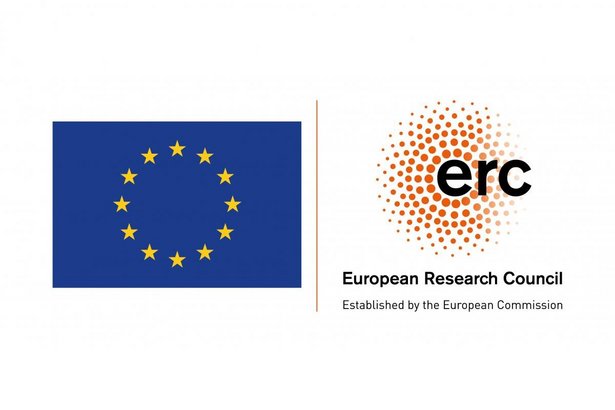Soil microorganisms and plants are key players in the production and breakdown of organic matter, and together control global biogeochemical cycles of carbon, nitrogen and phosphorus. TER, the Division of Terrestrial Ecosystem Research, aims to advance our fundamental understanding of how plants and soil microorganisms respond to, and in turn shape, their abiotic and biotic environment, and to determine the consequences for the functioning of Earth’s ecosystems.
Research Mission
Primarily dedicated to basic research, TER addresses pressing environmental issues, such as the impact of climate and land-use change on ecosystem functioning and the role of soils in the global carbon cycle and in food security. In doing so, we work on scales from µm (i.e. the scale at which microbes operate) to the biosphere (i.e. where plant and microbial processes become evident), and in ecosystems spanning the Arctic tundra to tropical rainforests. We integrate this scale of thinking with state-of-the-art methods, including stable isotope tracing and biomarker fingerprinting, and are developing novel approaches to estimate gross environmental processes with isotope pool dilution techniques.
We are strongly committed to conduct world-leading research in a motivating and intellectually stimulating environment, and to train our students to become independent and internationally competitive scientists who enjoy research and contribute to society as conscientious citizens.

Research Projects
Self-organization of microbial soil organic matter turnover
Microbial turnover of soil organic matter (SOM) is key for the terrestrial carbon (C) cycle. Its underlying mechanisms, however, are not fully understood. The role of soil microbes for organic matter turnover has so far been studied mainly from the point of view of microbial physiology, stoichiometry or community composition. I propose to shed new light on it from the perspective of complex systems science.
Microbial decomposition of organic matter requires the concerted action of functionally different microbes interacting with each other in a spatially structured environment. From complex systems theory, it is known that interactions among individuals at the microscale can lead to an ‘emergent’ system behavior, or ‘self-organisation’, at the macroscale, which adds a new quality to the system that cannot be derived from the traits of the interacting agents. Importantly, if microbial decomposer systems are self-organised, they may behave in a different way as currently assumed, especially under changing environmental conditions.
The aim of this project is thus to investigate i) if microbial decomposition of organic matter is driven by emergent behaviour, and ii) what consequences this has for soil C and nitrogen cycling. Combining state-of-the-art methods from soil biogeochemistry, microbial ecology, and complex systems science I will:
- Investigate mechanisms of spatial self-organization of microbial decomposer communities by linking microscale observations from experimental microcosms to mathematical, individual-based modelling,
- Elucidate microbial interaction networks across the soil’s microarchitecture by linking microbial community composition, process rates and chemical composition of spatially explicit soil micro-units at an unprecedented small and pertinent scale.
- Explore fundamental patterns of self-organisation by applying the framework of complex systems science to high-resolution spatial and temporal data of soil microstructure and process rates.
Funded by an European Research Council Consolidator Grant (819446)
Project Start: May 2019
I am currently looking for motivated PhD students, PostDocs and a scientific programmer, for more details see here.
